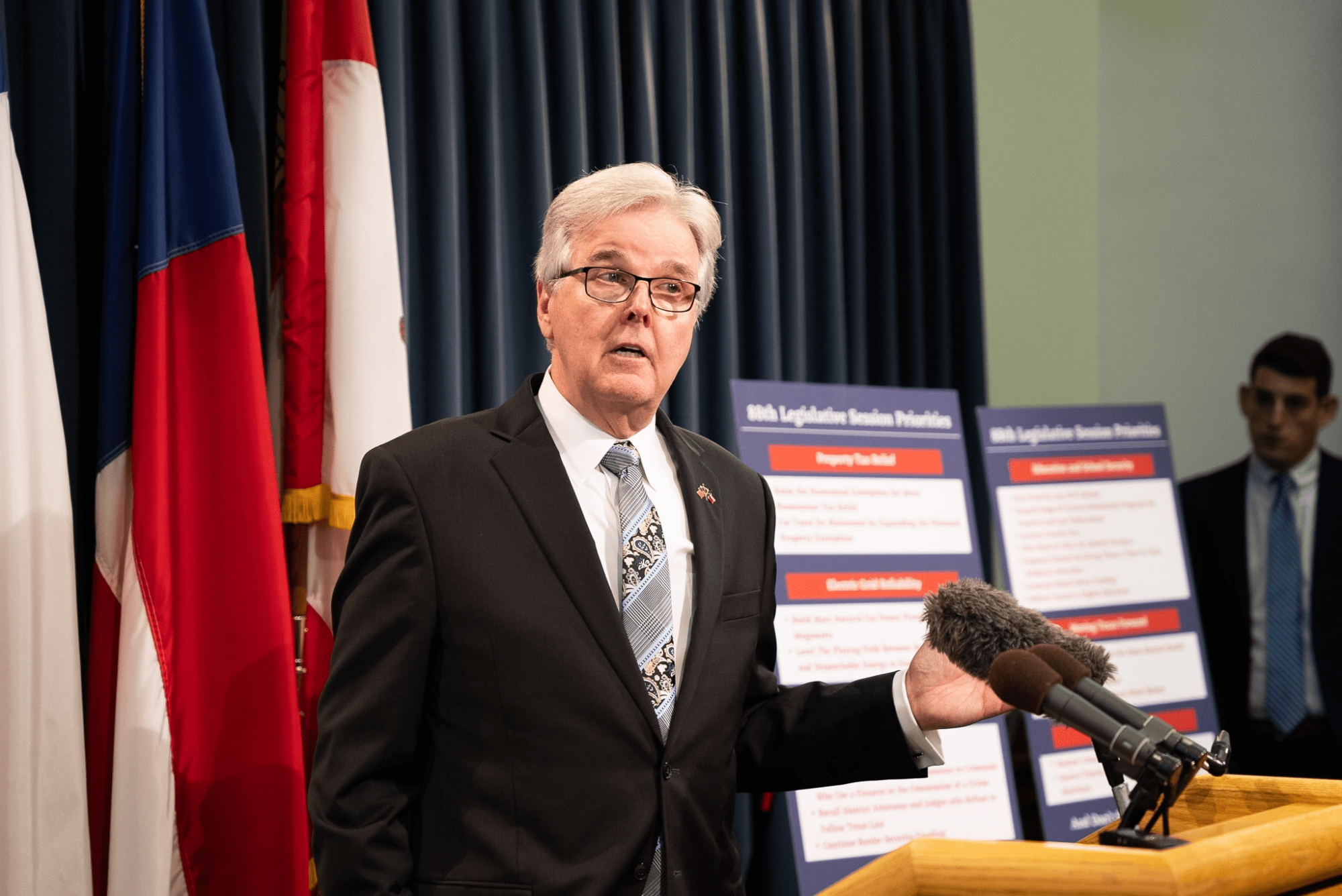On September 10, Plano City Council voted 5-3 to raise our city property taxes again. As a result, the average Plano homeowner will see a 40 percent increase in their city tax bill in just five years. These increases are simply unsustainable.
Yes, it’s true that most of your total property tax bill — roughly 65 percent — is paid to Plano ISD, and city officials have no control over this.
That’s why we asked city officials to hold the line on what they do control: your city tax bill.
Simply put, city tax bills in Plano are rising because council is not lowering the city tax rate enough to offset skyrocketing home values. Some will say they “lowered the tax rate” for the third year in a row, implying they haven’t raised your tax bill. But that’s wrong: Council has forced the average Plano taxpayer to pay a higher city tax bill, while blaming everyone else but themselves.
The “effective” tax rate is the rate at which taxpayers in total will pay the same amount in taxes overall as they did the previous year, even though their property values increased. Every year, each taxing entity — including the city — calculates its effective rate.
This is the tax rate we asked council to adopt in 2018. It’s already adjusted for growth and would still allow the overall budget to grow. By the way, Plano’s population has only grown about one percent each year over the past decade. Contrary to what the city claims, adopting the effective rate would give the city additional revenue from new properties added to the tax rolls — $5 million over and above last year, or 1.7 percent more.
On top of new property revenue collected each year from tax hikes, our Citizen Budget Committee discovered the city runs huge budget surpluses. Plano routinely under-forecast its revenue and over-forecast its expenses, generating $13 million to $20 million in surplus revenue each year. At the same time, they spend far less than what is budgeted. Yet they base the next year’s budget on the previous budget, rather than what was actually spent.
This creates a huge surplus that is never returned to taxpayers. Never.
This excess revenue rolls into the next year’s budget or into surplus accounts, which is why we have more than $500 million across dozens of surplus fund accounts. It’s also why our committee asserted the city could adopt the effective rate in 2018 without cuts to any program or department. No spending cuts. Zero.
After four years of city tax hikes, we asked the city not to raise the average tax bill again for the fifth year in a row. If the wishes of our budget committee — and more than 1,000 residents who signed a petition — had been granted, the previous four years of tax hikes would still be maintained in the budget we supported.
All we asked council to do was hold the line and grow the budget at a slower rate than what staff wanted. But only three councilmembers — Anthony Ricciardeli, Rick Smith, and Tom Harrison — agreed.
If the vote had been 4-4, Plano taxpayers would have won, because state law requires a 60 percent majority of council to raise taxes in any given year. The 4.5 percent tax revenue increase passed 5-3, with support from Mayor Harry LaRosiliere and councilmembers Ron Kelley, Kayci Prince, Rick Grady, and Angela Miner.
Collin County, Colleyville, Wylie, Rockwall all adopted the effective tax rate in 2018, while Keller actually went below their effective rate. These are just a few examples.
Simply put, it can be done.
This is an outside commentary submitted and published with the author’s permission. If you wish to submit a commentary to Texas Scorecard, please submit your article to submission@empowertexans.com.




